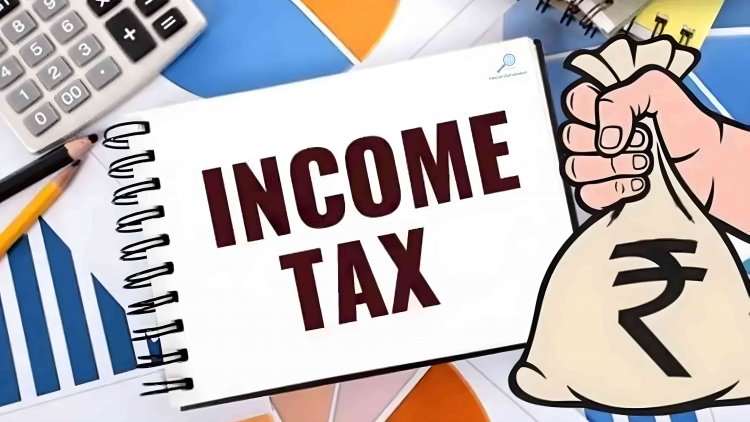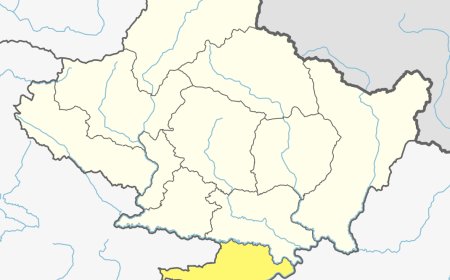Everything you need to know about Income Tax
Everything about Income Tax

Income means an inflow of cash to a person or business, which includes income from employment, business, and investments. Taxes are the citizens' contribution to the support of the nation. Income tax is a direct tax on the income of natural persons and legal entities. Income tax refers to the tax levied on a person's income and profits for a certain period, especially one year. Income tax is levied on a person's or company's payment after deducting eligible expenses. Accounting profits may differ from taxable profits. When calculating taxable income, income is generally added up minus expenses and losses that are deductible under the provisions of the Income Tax Act. Non-taxable income and current expenses are then also deducted to obtain taxable income. After determining the limit for exemption under the law, income tax is assessed on this calculated income.
Income tax imposed on individuals (or family units) and corporations. Personal income tax is calculated on the basis of received income. It is usually classified as a direct tax because the burden is likely to be on the individuals who pay it. Corporate income tax is levied on net profit, which is calculated as the excess of income over allowable expenses.
Classification of Tax
Taxes are a crucial source of revenue generation and mobilization. In the country, all people have defined taxation in different ways. In this regard, it would be better to adopt the definition given by Prof. Seligman. In his words, "Taxes are principal fiscal policy instruments, and essential government policy tools have a crucial role in increasing the rate of capital formation." Taxes play a crucial role in increasing the rate of capital formation. A high percentage of economic growth can thus be achieved. Taxation can also play multiple roles.
On the one hand, taxation is used to make the maximum amount of resources available to the public sector. Taxation, on the other hand, is used to encourage healthy private-sector investment and to prevent resource waste caused by speculative and unproductive investment, as well as lavish and luxurious consumption.Thus, taxes in developing countries serve as a means of raising revenue. The government can therefore use taxation as a useful tool to provide incentives for proper growth in savings, investment and gross domestic product. However, in Nepal, tax policy is mostly driven by revenue generation. Depending on the payment methods, taxes are divided into two important categories: direct taxes and indirect taxes.
Direct tax is collected directly by the government from the person who bears the tax burden. The incident and the impact are both on the same person. In other words, the same person pays and bears the tax burden. The following taxes remain under direct taxation: income tax, wealth tax, interest tax, capital gains tax, vehicle tax, gift tax, and expenditure tax.
An indirect tax is charged to one person but partially or fully paid by another. In other words, the person who pays and bears the tax is different. The following tariffs remain under indirect taxation: value added tax (VAT), excise duty, sales tax, import and export duties, entertainment tax, and hotel tax.
What's Your Reaction?



































































































